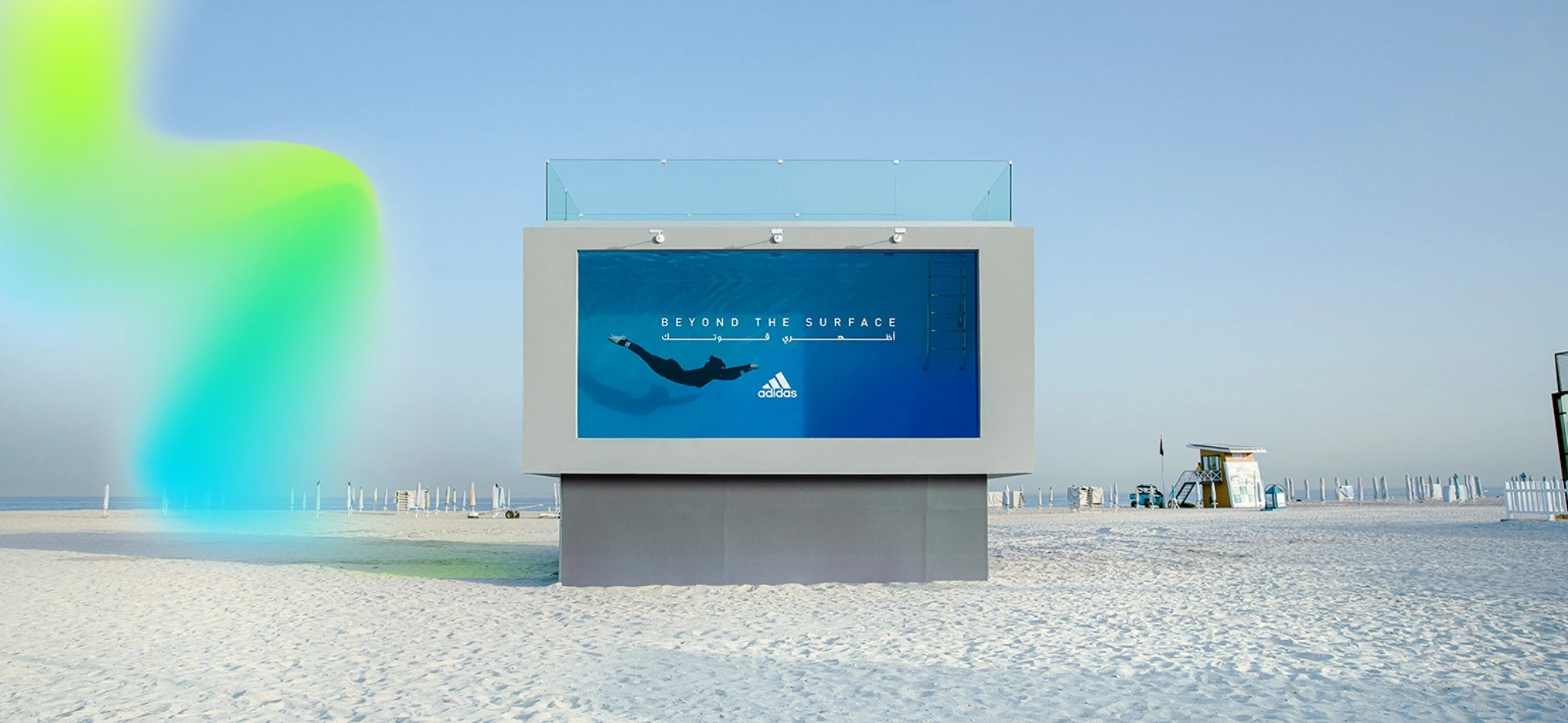Perspective25th Aug 2025
You got this!
Diversity, equity, and inclusion (DEI) has transcended from a trending topic to become fundamental to business success. Its true power emerges when woven into every layer of a company’s operations. The business case is clear: a 2023 McKinsey report found top-quartile companies for gender diversity are 27 per cent more likely to outperform financially.
For marketers, embedding DEI principles into our work unlocks new ways of thinking, better strategies, and greater creativity, leading to groundbreaking campaigns and tangible growth for our clients.
That’s what makes our industry special. Not only do we have the power to make positive change within our organisations, but we’re also privileged to have access to platforms from which we can enact change beyond our industry into the world around us. How many other industries can reach, educate and inspire millions of people every day?
So, while we’ve held a mirror to ourselves and made the necessary changes as employers and as an industry, it’s essential that we turn our attention to what we can do as marketers to encourage further and accelerate positive change in our region and beyond.
DEI in advertising
As Account Director for adidas, I have witnessed firsthand the positive impact of coding DEI into business operations and marketing strategies. Adidas has a long-standing history of female empowerment, both regionally and globally.
For instance, consider their groundbreaking ‘Liquid Billboard’ on Kite Beach in Dubai, promoting the launch of adidas’ modest swimwear product line. According to Lloyd’s Register, globally, 32 per cent of women didn’t feel comfortable swimming in public. In the Middle East, this figure was almost three times higher.
Using this insight, adidas decided to act. It didn’t just launch a product; it sparked conversations and challenged perceptions on a global scale, landing it a coveted Cannes Lions award. It wasn’t just about selling swimwear; it was about acknowledging and celebrating the diverse needs and aspirations of women.
The campaign demonstrated how DEI drives creative excellence and in turn, commercial success, reaching 295 million and earning $1.35 million in earned media.
In a more recent campaign, adidas set out to challenge the norms in a market with a historically male-dominated football scene. Its ‘You Got This’ campaign in Saudi Arabia starred Farah Jefry, a young, female Saudi footballer who, beyond her athletic prowess, embodies the transformative journey of Saudi Arabia, where women are empowered to push boundaries in sport and beyond. This initiative exemplifies how a global brand can utilise its platform to champion local heroes and contribute to meaningful social change.
These are just two of many adidas campaigns that have sought to empower its female consumers – and women, more broadly. In my time working with the brand, I have been inspired by its commitment to DEI. While this has long been a part of its identity, many brands, both locally and globally, have not yet explored the potential of integrating DEI messaging and approaches into their communications, and are crucially missing out on both creative and commercial gains.
‘It’s never too late to start’
While some brands are further through their DEI journey than others, it’s never too late to start. You won’t be able to change the diversity make-up of your team or implement DEI initiatives across your business overnight. However, in the age of AI, you can accelerate positive change, both internally and externally. When used responsibly, AI can mitigate bias in recruitment and provide personalised learning and development plans that, in turn, can elevate more women and minorities in the workplace.
As marketers, we can also leverage AI to ensure consumers feel represented and included in the advertising they see.
In a recent blog, MJ DePalma, Head of Marketing with Purpose at Microsoft, examines how trust directly correlates with inclusion. DePalma explains how when we train AI with human insights, we generate more effective personalisation and more inclusive marketing, which in turn builds brand trust. And with 85 per cent of consumers saying that they’ll only consider a brand if they trust it (Edelman Trust Barometer, 2023), the commercial case for holistic DEI practices becomes even more compelling.
As media practitioners and marketers, it’s our job to inspire, educate and lead our clients. As their trusted partners, it’s important we encourage our local, regional and global clients to use their platforms for positive change.
“This should never be a box-ticking exercise. If brands weave DEI throughout their marketing strategies, the impact on their brand loyalty, brand love and business growth will be profound.”
When DEI is woven into businesses at all levels, from empowering employees to crafting campaigns, the result is not just better advertising – it’s a more inclusive and representative world, where brands become catalysts for positive change. This is exemplified by adidas’ impactful work in the Middle East, where the industry truly lives up to its potential as an engine for innovation, creative excellence and, ultimately, growth for all.
